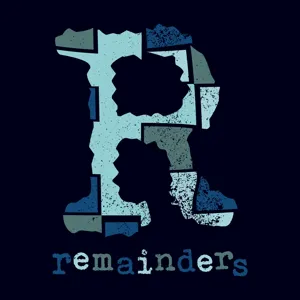Episode 52: The Law is Broken - Unpacking The Challenges of our Growing Prison Population with Laura Owen and Phil Wheatley

Part 1 of 2 Join us for an enlightening conversation with Phil Wheatley, a veteran of 50 years in the prison system, and Laura Owen, a dedicated prison lawyer with 14 years of in-depth experience. Their expertise promises to provide you with a rare and comprehensive insight into the murky intricacies of the prison system. In our discussion, we zoom in on the frequent use of the 'being of good behaviour' licence condition, a term that has become an easy tool for recalls and subsequently, a major contributor to the backlog of parole cases.
Together, we unpack the policies that are fuelling a surge in our prison population.
As we continue to dissect the prison system, we draw attention to the growing pressure on probation services, a byproduct of the rise in the prisoner population. Phil and Laura explore the challenges of staff recruitment and retention and the arduous process of enforcing licence conditions. Our seasoned guests also touch on the importance of an effective engagement between probation officers and prisoners in reducing reoffending rates, highlighting the necessity for a comprehensive approach to rehabilitation.
Finally, we approach the contentious topic of privatization within the prison service. We dissect the government’s motivations behind this shift, and how it has fundamentally impacted the prison system. From the pursuit of cheaper prison running costs to the impact of funding cuts on the roles of prison officers and rehabilitation opportunities, we leave no stone unturned.
In conclusion, Phil and Laura weigh in on the effects of privatization in the prison system, the challenges that have arisen and the far-reaching implications for access to justice, parole, and rehabilitation. Tune in for an impassioned discussion on the state and future of our prison system.
For more unmissable content from The View sign up here






